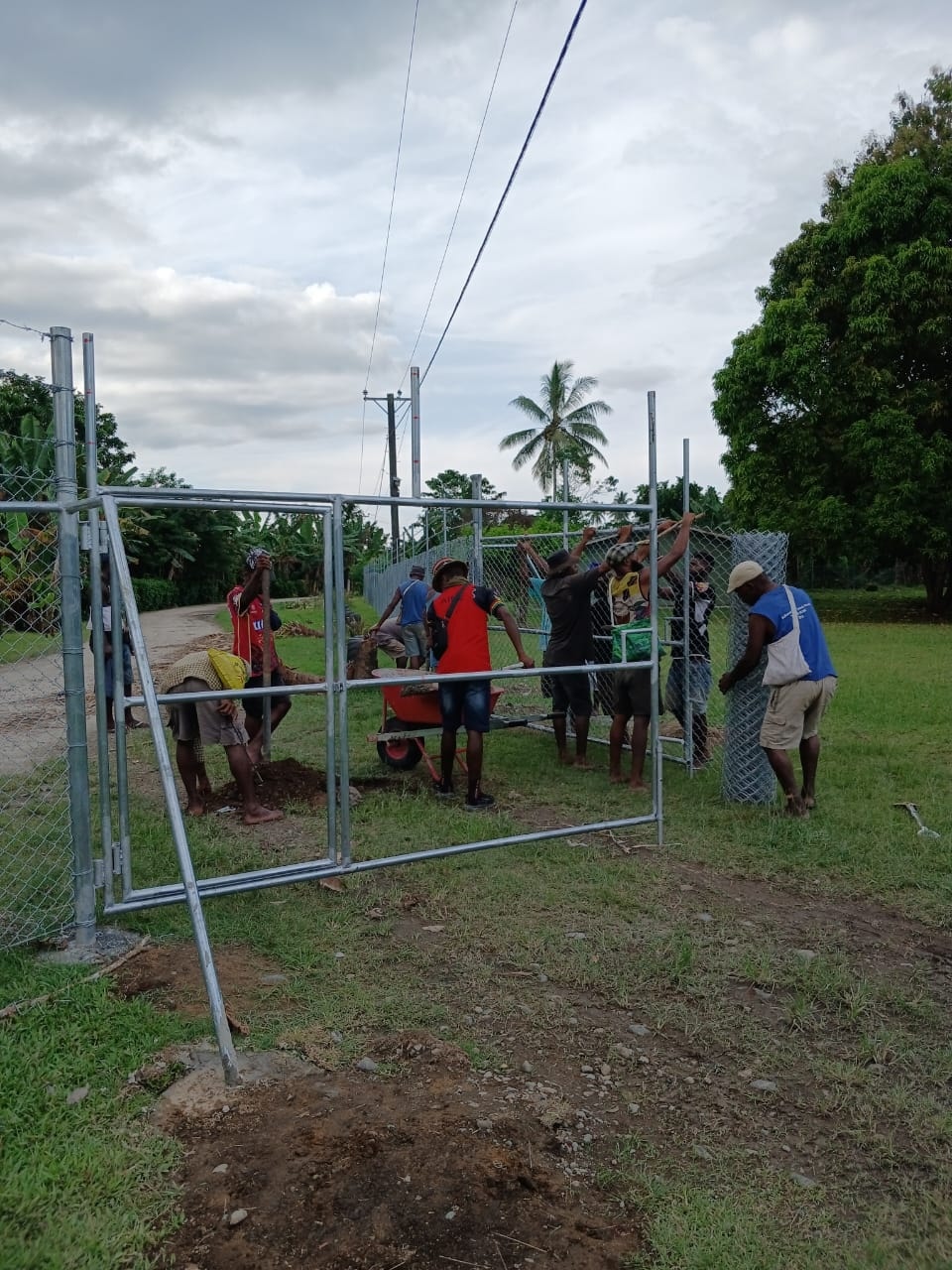A workshop on phase three of the national rollout of the Department of Implementation & Rural Development’s (DIRD) integrated Digital Reporting Platform was held recently.
The two days consultative workshop was facilitated by the Catalpa International, an international Information Technology expert contracted by the Australian Government through the Department of Foreign Affairs & Trade (DFAT).
DFAT is responsible for the design and development of the Service Improvement Program (SIP) Management System (MS) and District Information Management Systems (DIMS) platform project.
The SIP – MS and DIMS program platform is basically being developed to the DIRD’s specifications (users name) as required by Administrative Guidelines and Financial Instructions of 2019 and the Government of Papua New Guinea’s new Digital Transformation Policy 2021.
The main goal of this integrated SIP-DIMS program is to develop a “fit –for-purpose’ program and data management system (the SIP-DIMS Platform) to improve on monitoring, reporting and assessing the impact of the SIP funds to provinces and districts in PNG in service delivery.
This ensures the platform (Program and Data Management System) is available to all districts and provinces and provides substantial administration efficiency and cost-effective benefits.
This is to also look at the availability of reliable data for districts, provinces and the national government for development planning purposes
Speaking during the closing of the workshop, Secretary Aihi Vaki highlighted that the platform will highly support individual districts and provinces to manage, implement and monitor their own five-year development plans and SIP projects.
Vaki said the program will ensure the SIP management system is coordinated and integrated with the Integrated Financial Management System (IFMS)/Provincial Government Accounting System (PGAS) at national and sub-national administrations.
“I challenge each and every one of you to take ownership of this vital program that will provide up-to-date realistic data and analysis for districts and provinces to make informed investment decisions to improve for better development impact and outcomes.”
Mr. Vaki said this SIP-DIMS platform database will be part of DIRD’s structure under the recurrent activities, which will also elevate the department’s mandate and core functions to the next level.
DIRD is responsible for the oversight and effective coordination of the Government of PNG’s policies and priority programs to support equitable rural development. This includes overseeing management and reporting of the SIPs which amounts to around K1.165 billion funding annually
DFAT representative Counsellor Christine Charity commended DIRD and Catalpa International for their effort towards the development of the SIP- DIMS platform.
Christine stressed that data is about delivering for citizens.
“SIP-DIMS platform is a public good, and it's meant to improve the interaction between government and non-government actors, between government and citizens, especially related to service delivery at the sub national level. And it's about providing the evidence base for decision making.”
“We at the Australian High Commission appreciate the challenges for the PNG government in maintaining the system and in rolling it out to the sub national administrations. And I think the phase one and phase two of the program have elevated some of the challenges and some of the lessons and some of the potential way forward in a broader rollout of the system”.
“So, we definitely commend DIRD and CATALPA for holding this workshop to ensure that there is a clear road map, a clear way forward for how DIRD will maintain and sustain the platform going forward, because ultimately, this is something for the PNG government and for PNG citizens,” Ms. Charity stressed.
Vaki also added that SIP-DIMS data base system with the assistance from Australian Government through DFAT will enhance department’s competence to measure the performance of all 118 electorates, so that at the end of the day there is an effective system of reporting to the National Government and Parliament, also importantly a source of reliable development planning data for all levels of government.






